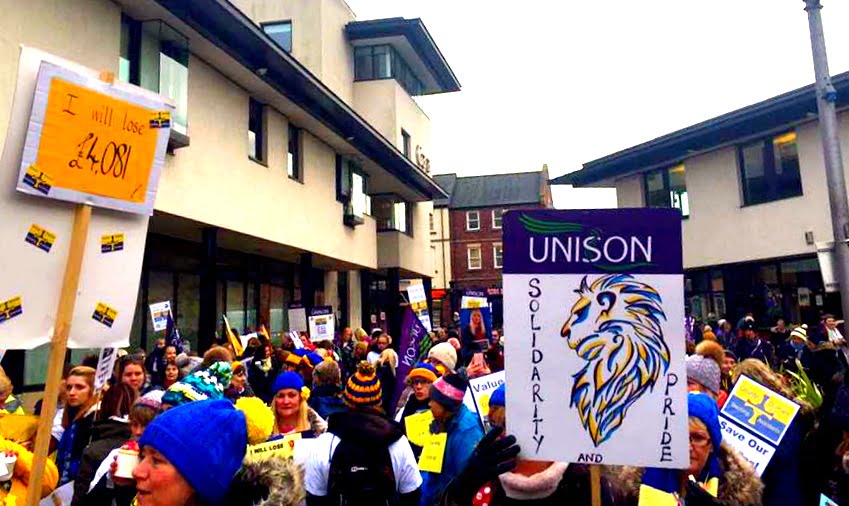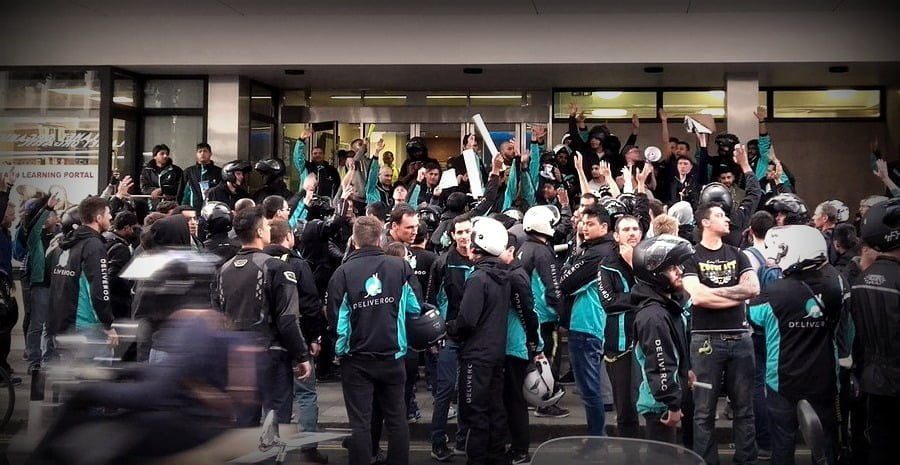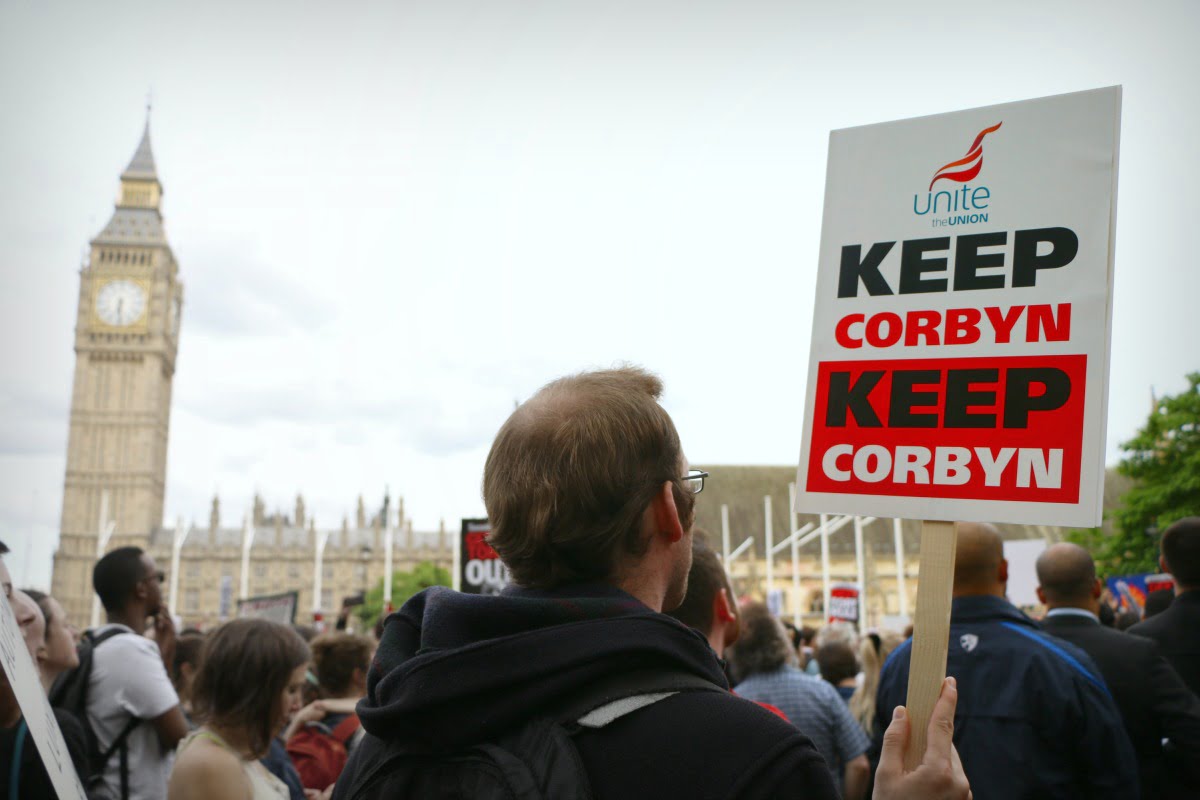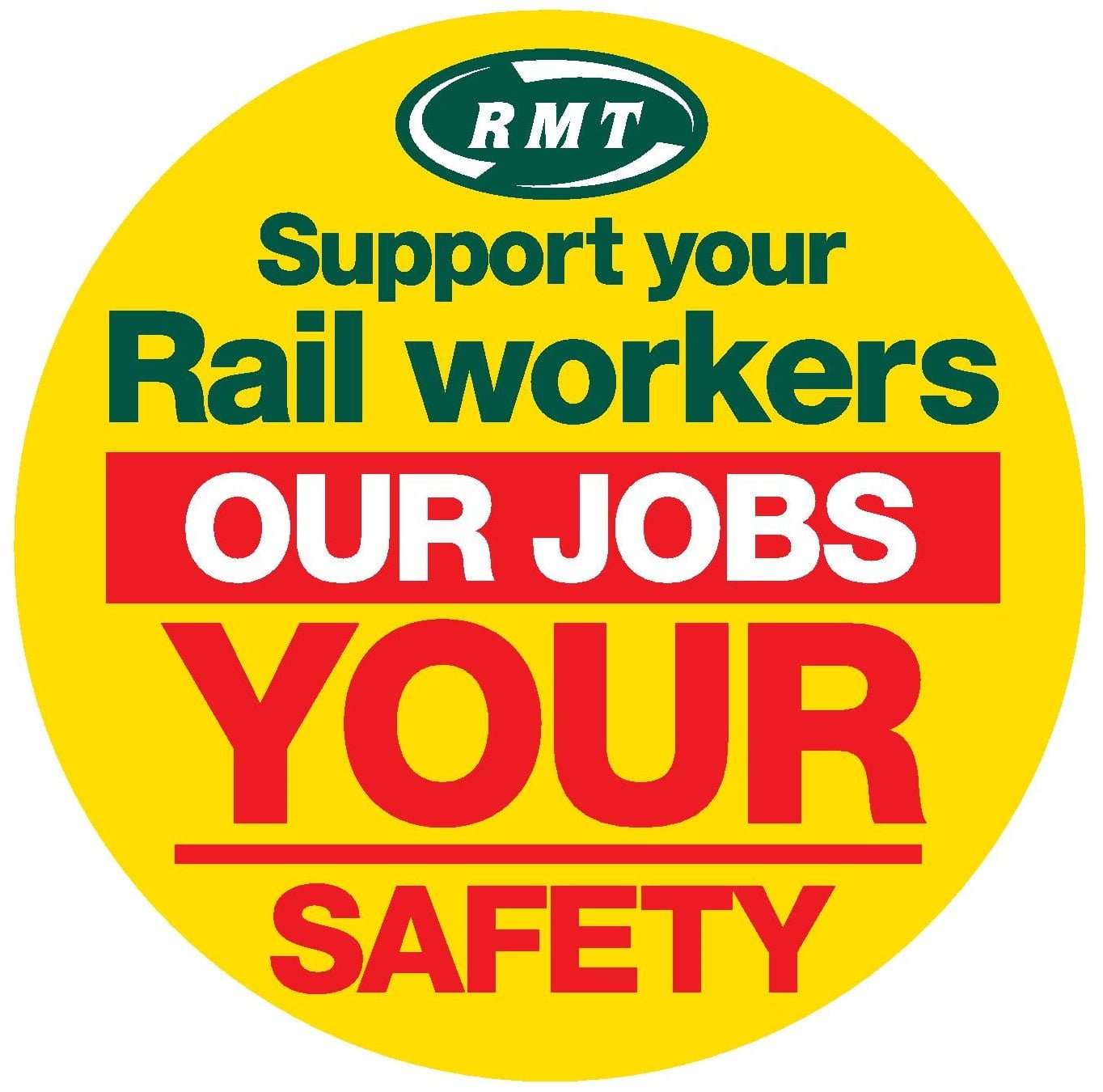The last few years have seen British bosses, Tory politicians and not a few right-wing trade union officials quietly congratulating themselves over the continuing fall in strike figures. But in the run up to Christmas this year, a wave of strike action is breaking out across a variety of sectors. A renewed tradition of organisation and militancy is needed in order to win.
The last few years have seen British bosses, Tory politicians and not a few right-wing trade union officials quietly congratulating themselves over the continuing fall in strike figures. They imagine that this proves that all problems can be solved by putting pressure on the workers to cave in out of fear of whatever is being demanded of them.
Yet recent weeks have seen a series of fissures starting to emerge, as workers across the board start to make it clear that they have had enough. Clearly the brave stand and fighting spirit of the junior doctors earlier this year has rubbed off on those in other sectors.
Rail workers employed by Southern Rail – a name which has become synonymous with cost cutting and service failures under the management of Govia – have been taking strike action for months now. This week, drivers organised in ASLEF have been out on a three-day strike, stopping all services. Alongside this, conductors organised by the RMT are also continuing with their ongoing action.
The Tory transport secretary, Chris Grayling, has been spitting blood about the strikes being wrong, and (again) threatening some form of new anti-trade union laws to ban or hinder future strikes on services.
Pressure building
It is clear, however, that these disputes are being fueled by a deep sense of anger amongst workers on the rail services. Other disputes have taken place on lines around the country in recent months. Indeed, ASLEF members have just voted to take strike action on the East Coast line, with a 71.2% vote in favour on an 82.1% turnout. The action is on hold, pending a new offer from Virgin Trains. No wonder the call for renationalisation of the rail services is starting to gain ever more traction.
London Underground workers have also continued in their militant traditions of recent years by taking strike action on the Piccadilly Line. The action has been suspended for now, but considerable delays continue to affect the line for unspecified reasons.
Post Office workers in the CWU are also set to walk out next week over an ongoing dispute regarding jobs, pensions and pay. Around 2,000 British Airways cabin crew workers organised in Unite the Union, meanwhile, have also voted overwhelmingly to take strike action in a row over poverty pay and broken promises by BA bosses. Finally, drivers employed by Argos, who had also voted to strike in the run up to Christmas, have suspended their action, pending a new ballot over a pay deal that has been struck.
The stand of the Durham teaching assistants – workers who chose to bypass their staid union bureaucracy altogether in the early stages of their action, with positive results – has also provided a fighting example for workers elsewhere.

Organising the unorganised
The fear for the bosses is that this new wave of militancy is not an aberration, but the music of the future. Even more worryingly for our captains of industry is that industrial militancy is starting to rear its head in the traditionally unorganised and atomised sectors of the so-called “gig economy”. Nearly a million workers are now officially on some form of precarious zero-hour contracts, many of them young. Now we are seeing workers at firms like Uber and Deliveroo starting to demand their rights; the Argos strike is also linked into this. These workers are bringing new methods of organisation to their fight; they are the “WhatsApp wildcats” according to the Daily Telegraph:
“While there have been fears that staff at the strike-hit Southern Rail have been staging unofficial action, such as co-coordinating sick leave, activists at a new breed of companies such Deliveroo, the food delivery service, have revealed that they are using messaging services such as WhatsApp to organise their own wildcat strikes.
“Workers in the gig economy, who include Uber taxi drivers and many courier companies, do not have to observe strike laws, because they are technically not employees but are regarded as independent contractors.”
The irony is not lost here: by attempting to atomise and isolate workers through such bogus self-employment, in order to drive down wages and prevent strikes, these profiteering corporations in the gig economy and elsewhere have inadvertently – in some respects – actual made it easier for gig workers to take action. Unhindered by the restrictions of Tory anti-union laws, and organised with the help of smaller, more militant syndicalist unions such as the IWGB (Independent Workers Union of Great Britain), such workers have proven that organisation of the most precariously employed is possible through struggle, and that militancy pays.

Co-ordinated strategy needed
The lessons for the trade union movement are clear. The old line of industrial compromise and meek surrender, with strikes being avoided at all costs, is now dead and must be buried. Similarly, it can be seen that where unions have maintained a tradition of struggle – the RMT being the most obvious example, be it on Transport for London or Southern Trains – a relatively decent position in terms of pay and conditions has been maintained in the face of attacks from the employers and government.
These attacks are set to get worse. Pay rises are officially stagnant; the jobs market has stalled; and for public sector workers more cuts are on the way. The new levels of education funding just announced by the Tories will transfer money from Labour-voting inner-city schools to the Tory-voting shires, whilst leaving both sections still underfunded. Across the whole public sector the situation is at breaking point.
All unions must be ready to act and make clear that they will do so. Unison came under a great deal of criticism for failing to take a militant stand in support of the Durham TAs. They must learn from this. The recent policy of fighting the employers and the government without any long-term or co-ordinated strategy – by means of marches, protest stalls and ad hoc one-day strikes – has been seen for what it is: too little and usually too late.
The TUC needs to wake up and stop seeing itself as just a commentator on events in the workplace, merely issuing hand-wringing monthly press releases sobbing about how bad things are, and letting off steam occasionally by organising moralistic but ultimately meaningless displays of anger over this or that specific issue.
The leaders of the labour movement now need to be co-ordinating a clear show of force against the bosses and the Tory government that stands behind them. The call for a one-day general strike has never been more relevant, and would provide the means up and down the country to link all the struggles together and show the rotten Establishment where the real power in society lies.
Political struggle needed
 This industrial struggle needs to be linked to a political one, with trade unions linking their fight to that of the Corbyn movement – to transform the Labour Party into a mass political movement capable of kicking out the Tories, ending austerity, and fighting for bold socialist policies.
This industrial struggle needs to be linked to a political one, with trade unions linking their fight to that of the Corbyn movement – to transform the Labour Party into a mass political movement capable of kicking out the Tories, ending austerity, and fighting for bold socialist policies.
The coming struggle to decide who is to be the leader of Unite has already shown that the capitalists have grasped the threat of the Corbyn movement to their position. They have noted Unite and Len McCluskey’s strong support for Corbyn, which in turn acts to set the position of the other major unions, and are already organising support for a right-wing challenger to McCluskey, who is set to play the same role as that of Owen Smith in the Labour leadership election earlier this year.
This attempt to move Unite towards the right (to become a “non-political union”) and away from supporting Corbyn must be resisted. Indeed the fight against the old right wing inside the trade union movement as a whole must be taken up by union activists across the board. The call should be for the election of all officials, subject to a right of recall by the ranks, and paid the average wage of an industrial worker. That, if nothing else, will force them to take the fight for better pay more seriously!
The aim for all union activists should be to transform the whole trade union movement into a fighting, militant, co-ordinated movement, and to link the fight for jobs, pay and decent conditions of work to the political struggle against austerity and the system of capitalism which demands it; in other words, to apply the force of the organised working class to the fight for socialism.






